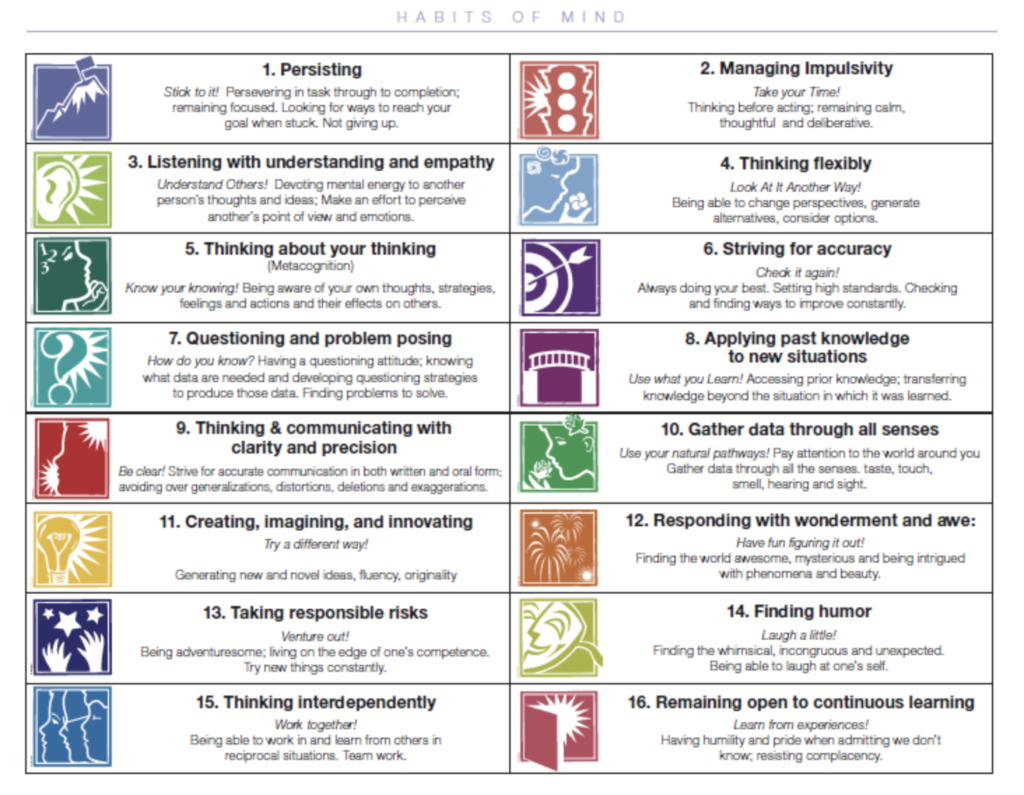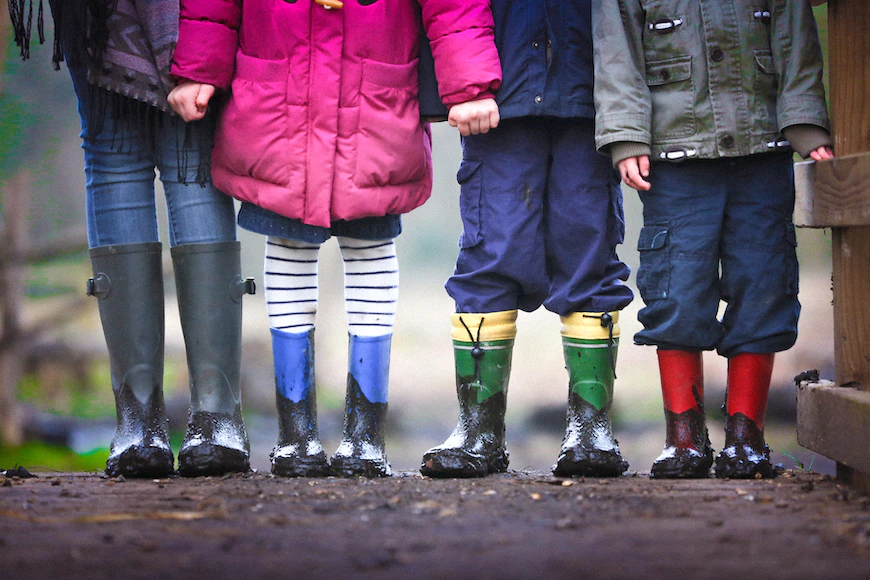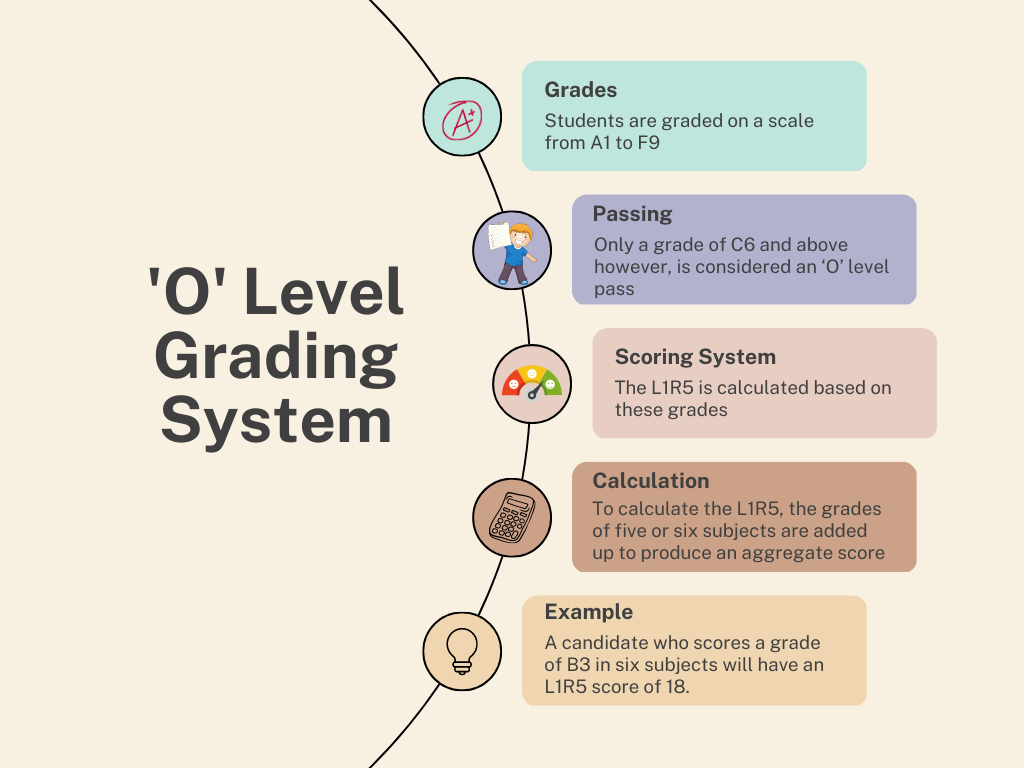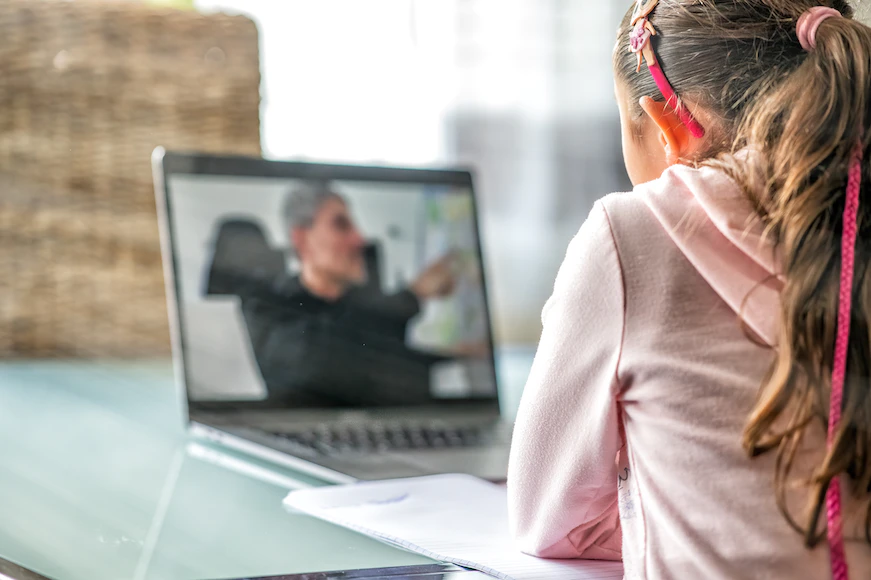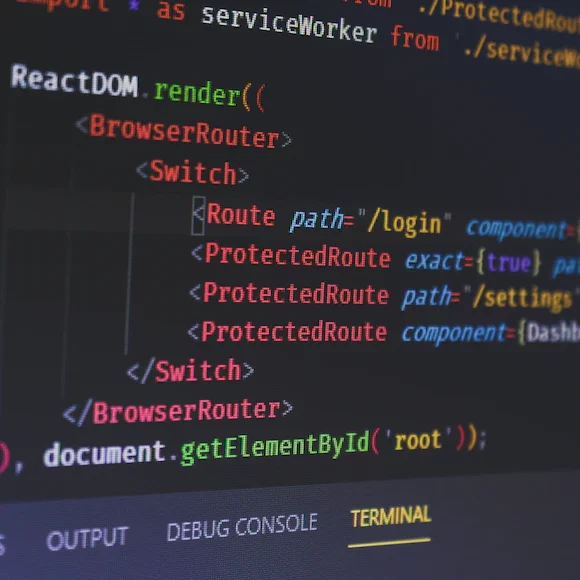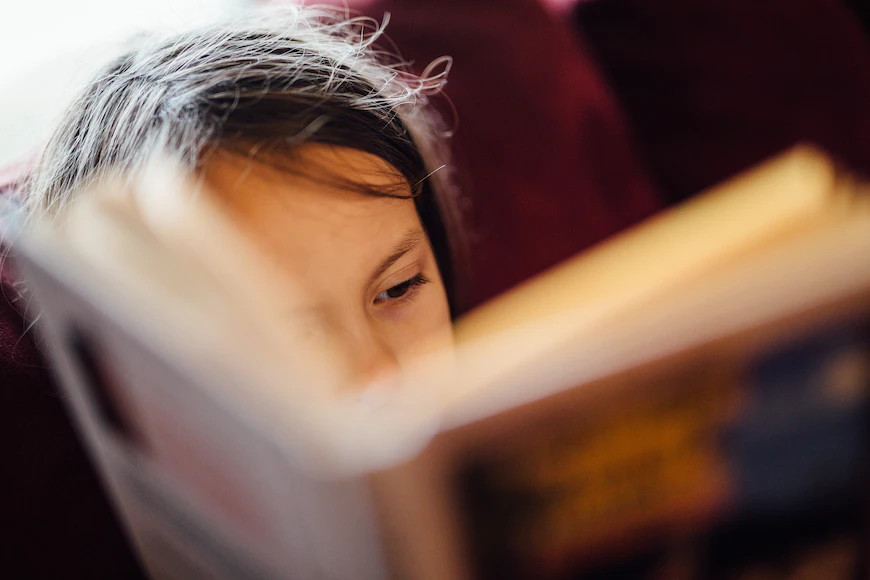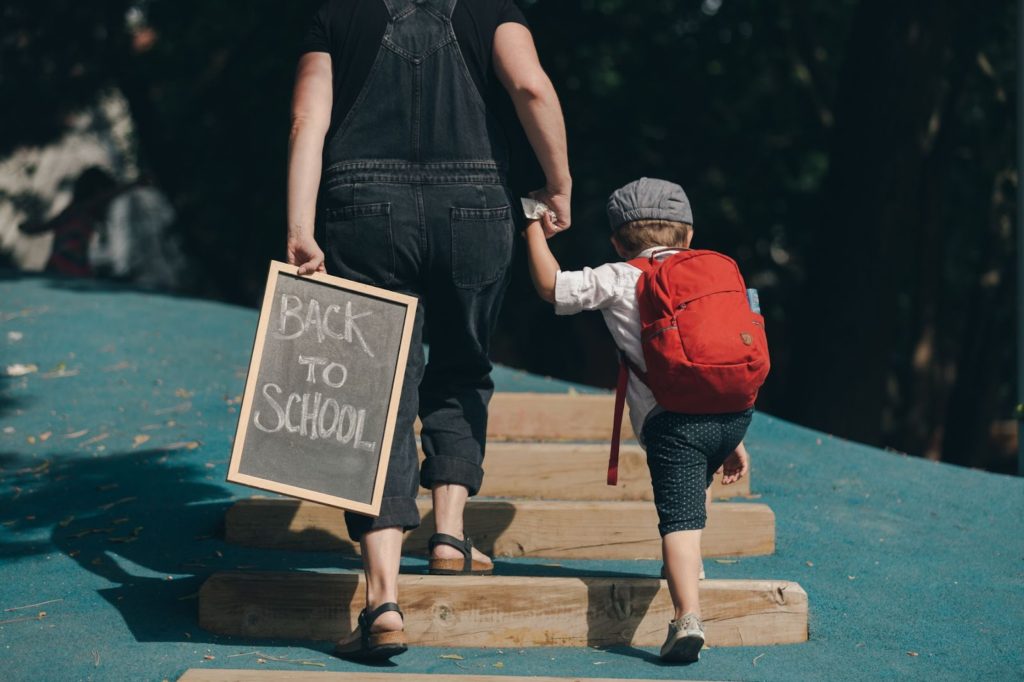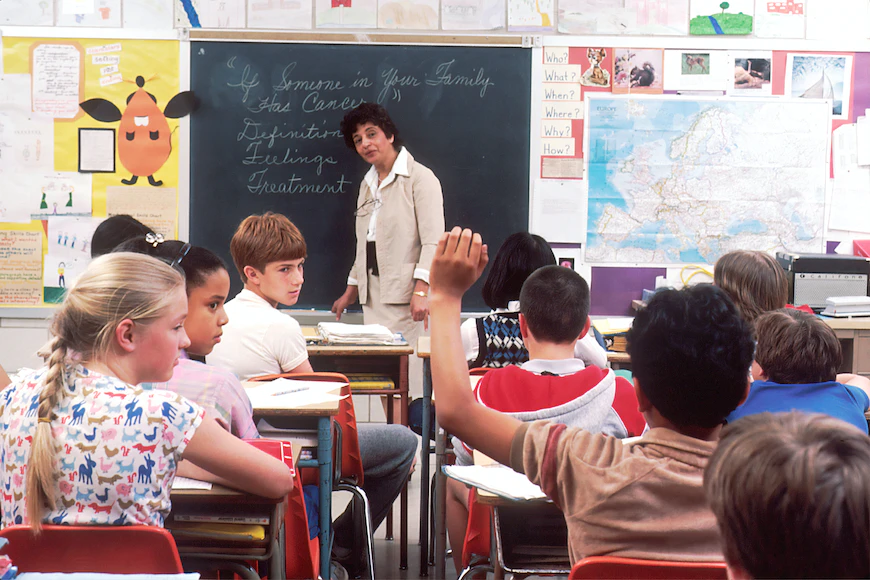"The best tuition style isn’t one-size-fits-all—it’s the one that fits your child."

Some parents insist on private one to one tutoring being the best for their child, while others sing praises of tuition centres or private group settings. The truth is, there is no one size fits all and it all depends on your child’s unique learning needs. We have tried to make the decision easier for you by breaking down the pros and cons.
| Criteria | Private Tuition | Group Tuition |
|---|---|---|
| Learning Pace | If the student is slower in the subject or struggling to catch up, a good tutor will be able to adjust the pace according to the student’s learning speed. | Unless there are personalised learning plans and individual attention, slower students may fall behind – especially if they tend not to ask questions during lessons. |
| Travel Time | Travel time to a tuition centre can be both time consuming and tiring, especially if it happens to be a school day. Having a tutor come to the comfort of your home is ideal in this case. | Unless the lessons are online, or a stone’s throw away from home, travel or waiting time does take up a significant amount of one’s day. |
| The Power of Collaborative Learning | A good private tutor would be able to facilitate learning, but be limited by the interaction that they can bring to the session, with only 2 parties involved, the tutor and the student. | During self-study, we remember about 28% of what we learn. When studying is used however, by answering questions about it and interacting with peers, we remember 69%. Conceptualizing, recalling, and using information creates “memory pathways” that stick in one’s mind. Group tuition is invaluable in this regard, as the wealth of the interaction in the classroom will not replace a one to one session with a tutor. |
| Expertise | The expertise, skills and knowledge the tutor brings to the student is limited to the tutor. | A tuition centre would have curriculum experts and teachers who will collaborate to create better learning material and they may even discuss how to help students. More eyes on the curriculum as well as teacher evaluations will ensure that students are always getting taught in schools which are consistently improving. |
| Personality & Fun Factor | Some tutors do know how to make lessons fun, but when it’s not the case, kids dread meeting a strict adult and having to interact with just them for hours. Other times, issues may crop up if they just don’t ‘click’. | A group setting may allow for more fun leaning as kids do enjoy studying together when the class is well facilitated. Fun activities that promote learning and retention are definitely better carried out in a group setting. |
Which Type of Tuition Is Better for My Child?

You could start by talking to your child or even their teachers in school to understand their unique learning needs. A child may be stressed out at first about having to interact with an adult one on one, and it might be better to ease them into tuition in a group setting. Check out Curio’s group learning plans here.
Check out Curio’s Independent Learning Plan for a unique offering: Students who just need marking & feedback without weekly tutoring sessions can try it out!












